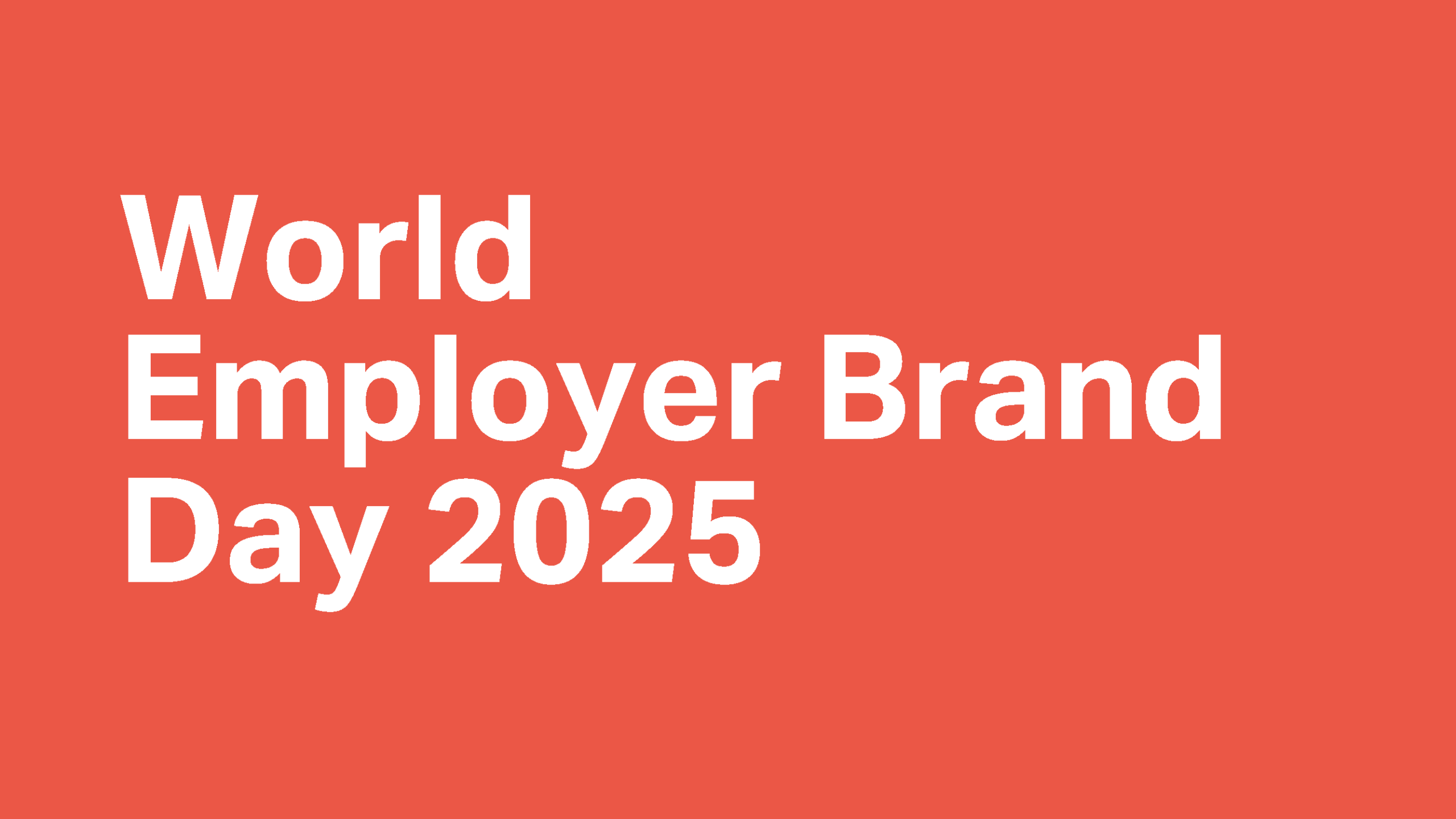Flexibility at work: not just a summer perk

Flexibility at work shouldn’t be seen as a seasonal ‘nice-to-have’. It’s not a gesture to smooth over the ‘summertime blues’, it’s a fundamental part of building a truly people-first organisation, all year round. The reality is that meaningful flexibility can be the difference between being a mediocre employer and being a brilliant one.
As the Financial Times recently reported, extra holiday and more remote working are among what they describe as ‘perks’ being offered to employees this summer despite the ongoing debate among executives on how and if they mandate a return to the office space.
But this isn’t about summertime blues, it’s about employees needing meaningful flexibility all year round. Being able to offer this is the difference between a mediocre employer and a brilliant one.
There’s no doubt this flex through the summer helps – holiday camps for 3.5 days this summer have set us back over £300! And HR Grapevine asked yesterday ‘Little children, little problems – big children, big problems’ Is it time for teen-leave? reminding us that it’s not just about the little ones.
So, it’s clear why some companies ramp up their flexible offerings this time of year. HR Grapevine recently asked, “Little children, little problems – big children, big problems.” Is it time we introduced teen leave?

But let’s be clear: flexibility isn’t, and shouldn’t be, just for parents, or for summer
As my colleague, and Senior Employer Brand Consultant Kuba Trzcinski puts it: “I’m not a parent – so what about me?
And Kuba’s point is important. Flexibility isn’t just about being a parent; it’s about being a person. People get sick, they travel and they need downtime. Life doesn’t only throw curveballs in August. A flexible workplace needs to account for the February flu, the October burnout, and the everyday responsibilities that don’t fit neatly into a seasonal box.
Because it doesn’t actually matter what your reason for wanting job flexibility is; child care, parent care, pet care or self care. What matters is the give and the get. Being trusted to do your absolute best work in exchange for knowing how flexibility can best balance your work and home balance.
Too often, “summer perks” feel like quick fixes, reactive, not proactive. Too often, companies build flexible working models around business needs instead of human ones. Instead of flexibility as a stopgap to keep people happy while clients are on holiday, organisations can embed it as a year-round strategy, one that shows trust, consistency, and long-term thinking.

At its core, flexible work is about give and get
Great organisations trust people to deliver their best work and give them the autonomy to manage life’s demands in return. And this is a very real employee engagement challenge if brands are going to drive productivity, because businesses need to engage people from ALL walks of life – not just a few.
As Kuba says, “from an optics/branding perspective ‘summer perks’ can oftentimes feel reactive and like a ‘band-aid’ for work-life tension/poor work life-balance throughout the rest of the year. There’s an opportunity for organisations to highlight how intentionally designed flexibility (as part of EVP and people strategy) creates consistency, builds mutual trust, and treats people like…. real adults.”
Employers who want to lead the way should stop treating flexibility as a seasonal favour and start recognising it as a core part of their EVP and people strategy. One that respects people’s whole lives and acknowledges that flexibility doesn’t have to be earned.




